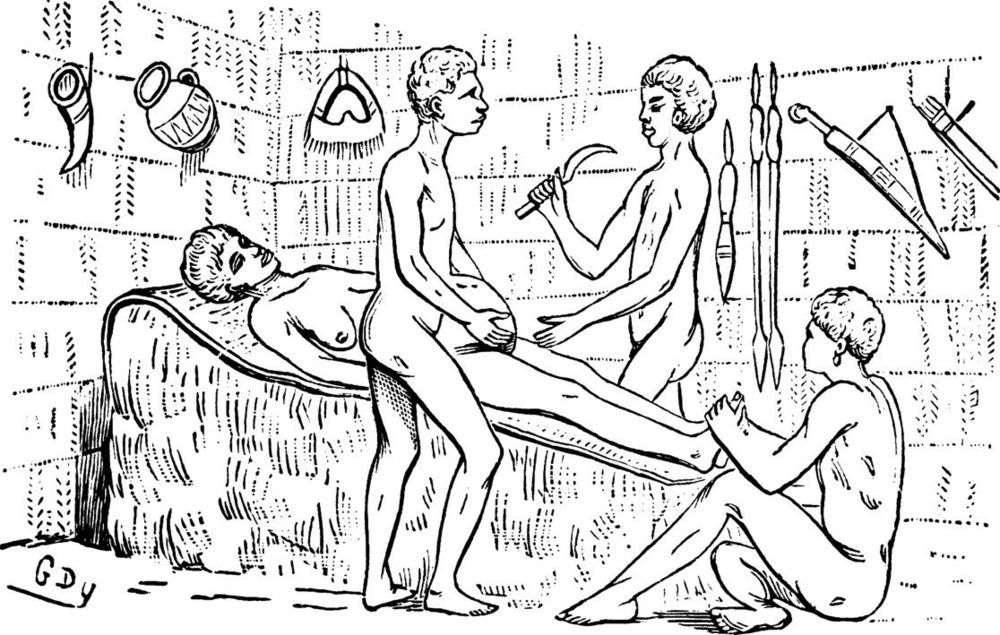#BlackHistoryMonth It was as a pupil at Wolverhampton Grammar School that Robert William Felkin met the explorer David Livingstone, who inspired him with his tales of Africa. And when he met A M Mackay, a medical missionary from Uganda, in London in 1877 at the age of 24, he became determined to visit Africa.
It was as a pupil at Wolverhampton Grammar School 1that Robert William Felkin met the explorer David Livingstone, who inspired him with his tales of Africa. And when he met A M Mackay, a medical missionary from Uganda, in London in 1877 at the age of 24, he became determined to visit Africa.
By 1875 he had become a medical student at Edinburgh University, but before completing his training, he was sent to Uganda in 1878 by the Church Missionary Society. He travelled up the Nile to Khartoum, where he met General Gordon, and then on through what was then wild and unmapped country to the Great Lakes. There he met Emin Pasha, the Governor of the Equatorial Province, and was presented to King M’tesa, whose personal physician he became in 1879. When a Muslim anti-missionary movement threatened the lives of his fellow Christians, Felkin warned the King that, should any harm come to them, a great disaster would befall his people. As a sign he foretold that the sun would be darkened; in due course the anticipated eclipse occurred and Felkin was established as a great “medicine man.” During his stay in Uganda he studied the local diseases and also undertook anthropological measurements of the pygmies. Of particular interest, though, were his studies on childbirth.
In 1880 he returned down the Nile and on to England in the company of envoys of King M’tesa to Queen Victoria. Later that year he returned to Africa, travelling widely but spending most of his time in Zanzibar where he actively campaigned against the slave trade. In 1881 he returned to Edinburgh to complete his medical studies (LRCP, LRCS, Ed, 1884). While still a medical student he became a Fellow of the Royal Society of Edinburgh, a Fellow of the Royal Geographical Society, a member of the Anthropological Institute of Great Britain and a corresponding Fellow of the Berlin Anthropological Society. As a final year student he gave a lecture to the Edinburgh Obstetrical Society on 9 January 1884 entitled “Notes on Labour in Central Africa.” 2 It is from this lecture that the following fascinating account of a Caesarean delivery is taken:
